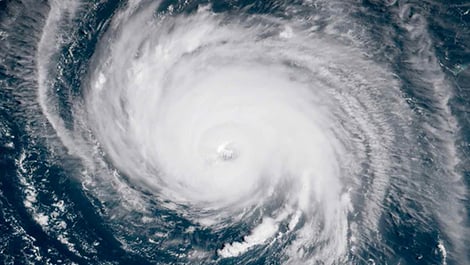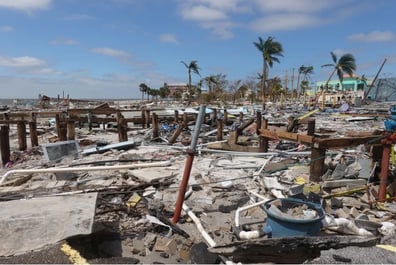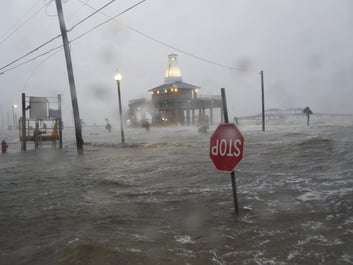When Is a Hurricane's Name Retired?
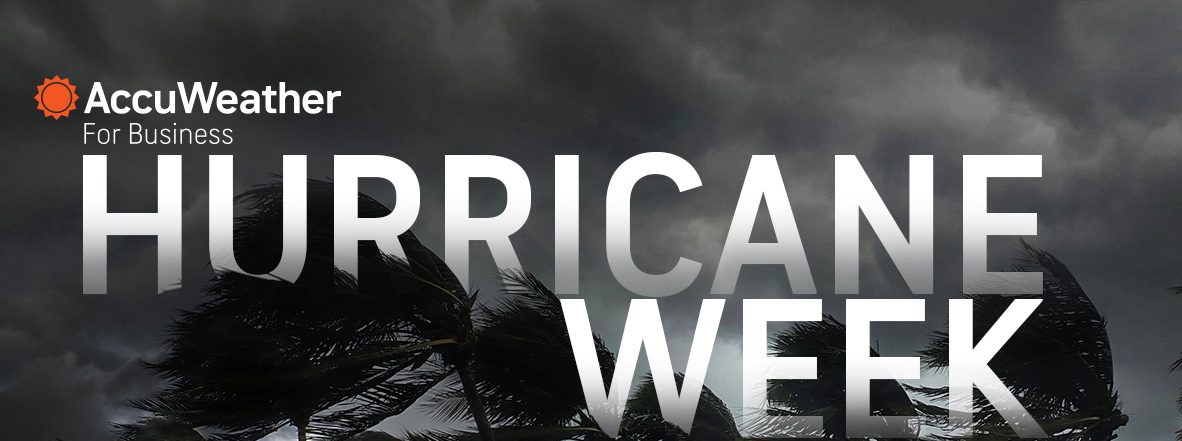
Summary
The retirement of hurricane names is an important process that helps remember the impact of devastating storms and honor its victims.
Key Highlights
Hurricanes are given names to track and communicate information
The World Meteorological Organization retires hurricane names based on significant damage or loss of life
The storm doesn't have to be a Category 5 for it to be retired
What's in a Name?
Hurricanes are some of the most powerful and destructive natural disasters on Earth. When a hurricane makes landfall, it can cause widespread damage, flooding, and even loss of life. Because of their destructive potential, tracking and preparing for hurricanes well in advance is crucial.
Naming storms is a relatively recent practice that originated in 1950 with the implementation of the phonetic alphabet by the U.S. Weather Bureau. The phonetic alphabet was eventually replaced. In 1953, women's names were introduced for storm identification, and by 1979, men's names were also included for Atlantic and Gulf storms.
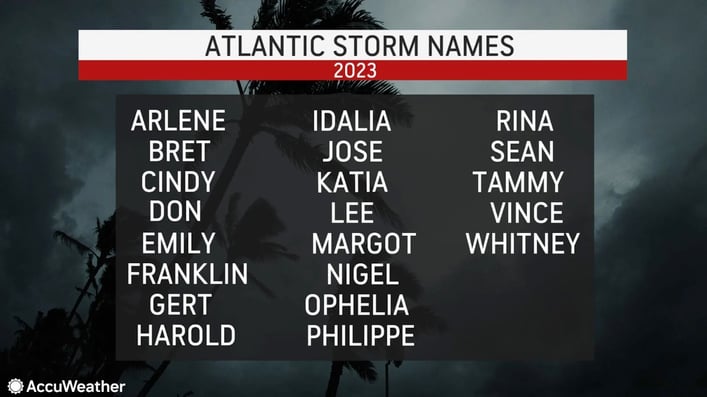
The primary reason for naming storms is to facilitate quick and efficient communication. Using concise names instead of latitude and longitude coordinates allows meteorologists to reference storms quickly, reducing the potential for errors. Naming storms is important when multiple storms occur simultaneously. For instance, while one hurricane may be active in the Gulf of Mexico, another could be approaching the Atlantic coast.
When a hurricane is particularly destructive, its name may be retired.
>>READ MORE: Hurricane Facts vs. Fiction: What You Need to Know
Names That Are Retired
The process of retiring hurricane names is overseen by the World Meteorological Organization (WMO), which maintains a list of hurricane names used on a rotating basis in six-year cycles. When a hurricane causes significant damage or loss of life, the WMO may decide to retire the name from the list and replace it with a new name. A total of 96 names have now been retired. Ian and Fiona, two of 2022's most catastrophic weather events, were retired.
Another example of a hurricane whose name was retired is Hurricane Katrina, which struck the Gulf Coast of the United States in August 2005. Katrina was one of the deadliest and costliest hurricanes in US history, causing over 1,800 deaths and over $125 billion in damage. Because of the storm's severity, the WMO retired the name Katrina from the list of hurricane names, and it will never be used again for a future storm.
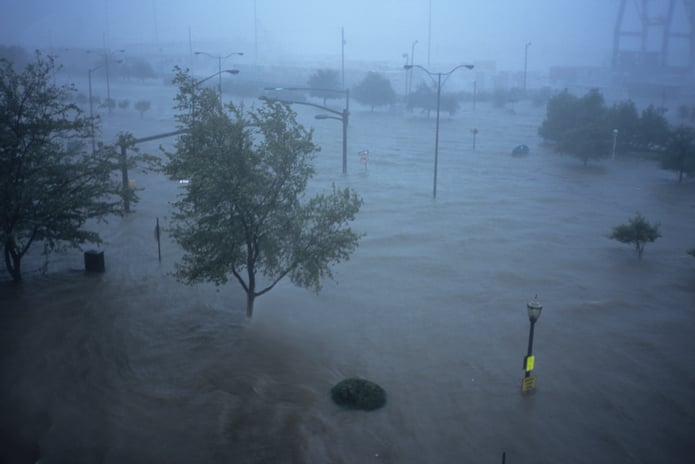
The system doesn't have to be particularly strong for the name to be retired. Tropical Storm Allison was a tropical storm that caused severe flooding in Texas and Louisiana in June 2001. The storm made landfall in Texas, causing widespread flooding and significant damage. Allison dropped over 30 inches of rain in some areas, causing flooding that claimed the lives of 23 people in Texas and Louisiana. It caused over $5 billion in damage, making it one of the costliest tropical storms in U.S. history. The storm also halted oil and gas production, closed highways and airports, and left people and businesses in Houston without power or clean water for several days. This was the first time in history that the name of a tropical storm had been retired. The decision to retire the name was based on the severity of the flooding and the significant impact that the storm had on the region.
>>READ MORE: Most Devastating Hurricanes in U.S. History and Lessons Learned
Weather the Storm with AccuWeather For Business
Partner with AccuWeather For Business and have the information you need to make the best weather-related decisions for your people and your business. You will also gain a competitive advantage by knowing the exact impact and timing of the weather.
AccuWeather's AssetReport will revolutionize how you and your organization respond to threats this hurricane season. Whether you're protecting a single asset or thousands, we provide the insights you need to enhance safety and reduce risk before, during, and after the storm.
Take a proactive approach with AccuWeather For Business to protect your assets and employees, reducing the storm's overall impact on your operations. Contact us today.





